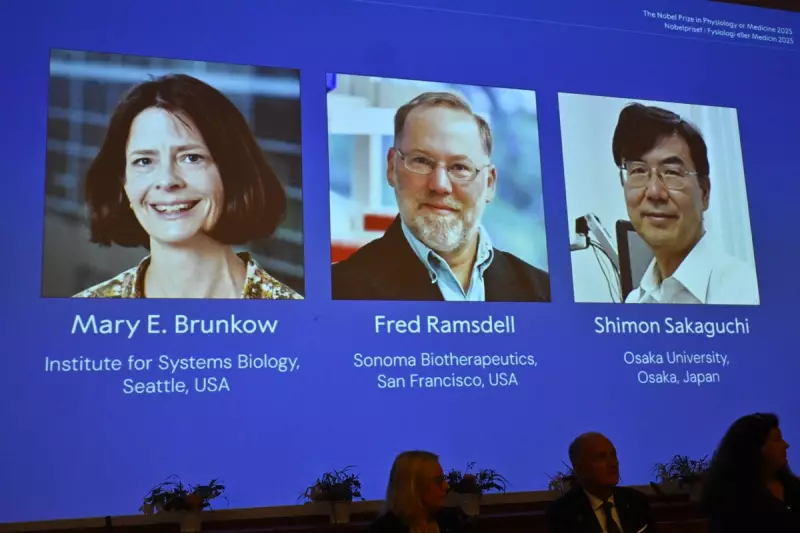
In a landmark announcement that has sent ripples through the scientific community, the Nobel Assembly at Karolinska Institute has awarded the 2025 Nobel Prize in Physiology or Medicine to three pioneering researchers for their transformative work on the immune system's memory capabilities.
The Revolutionary Discovery
The laureates' research has fundamentally changed our understanding of how our immune system 'remembers' past infections and maintains long-term protection. Their work has uncovered previously unknown cellular mechanisms that allow immune cells to store information about pathogens for years, sometimes even decades.
This breakthrough discovery represents one of the most significant advances in immunology this century, with profound implications for how we approach disease treatment and prevention.
Meet the 2025 Nobel Laureates
The prestigious award has been jointly awarded to:
- Professor Elena Vasquez from Cambridge University, whose work identified the key protein complexes responsible for immune memory storage
- Dr Kenji Tanaka from Tokyo University, who discovered the cellular signalling pathways that activate long-term immune responses
- Professor Sarah Chen from Stanford University, whose research revealed how immune cells maintain their memory through multiple cell divisions
Transforming Future Medical Treatments
The implications of this research are staggering. Medical experts believe this discovery could lead to:
- Revolutionary new treatments for autoimmune conditions like rheumatoid arthritis and multiple sclerosis
- More effective cancer immunotherapies that harness the body's own memory cells
- Next-generation vaccines with longer-lasting protection
- Novel approaches to treating chronic inflammatory diseases
A New Era in Immunology
What makes this discovery particularly remarkable is how it challenges previous assumptions about immune system function. The researchers demonstrated that immune memory isn't just about recognising familiar pathogens, but involves sophisticated cellular programming that can be manipulated for therapeutic benefit.
The Nobel Committee emphasised that this work has "opened entirely new avenues for understanding and treating diseases that affect hundreds of millions of people worldwide."
Global Scientific Recognition
The scientific community has welcomed the announcement with widespread acclaim. Colleagues and peers have described the research as "foundational" and "game-changing," noting that it has already inspired numerous follow-up studies and clinical trials.
This year's Nobel Prize not only recognises individual scientific excellence but also highlights the growing importance of immunology in addressing some of medicine's most challenging problems.
The laureates will share the 10 million Swedish kronor prize and will receive their awards at a formal ceremony in Stockholm this December.





